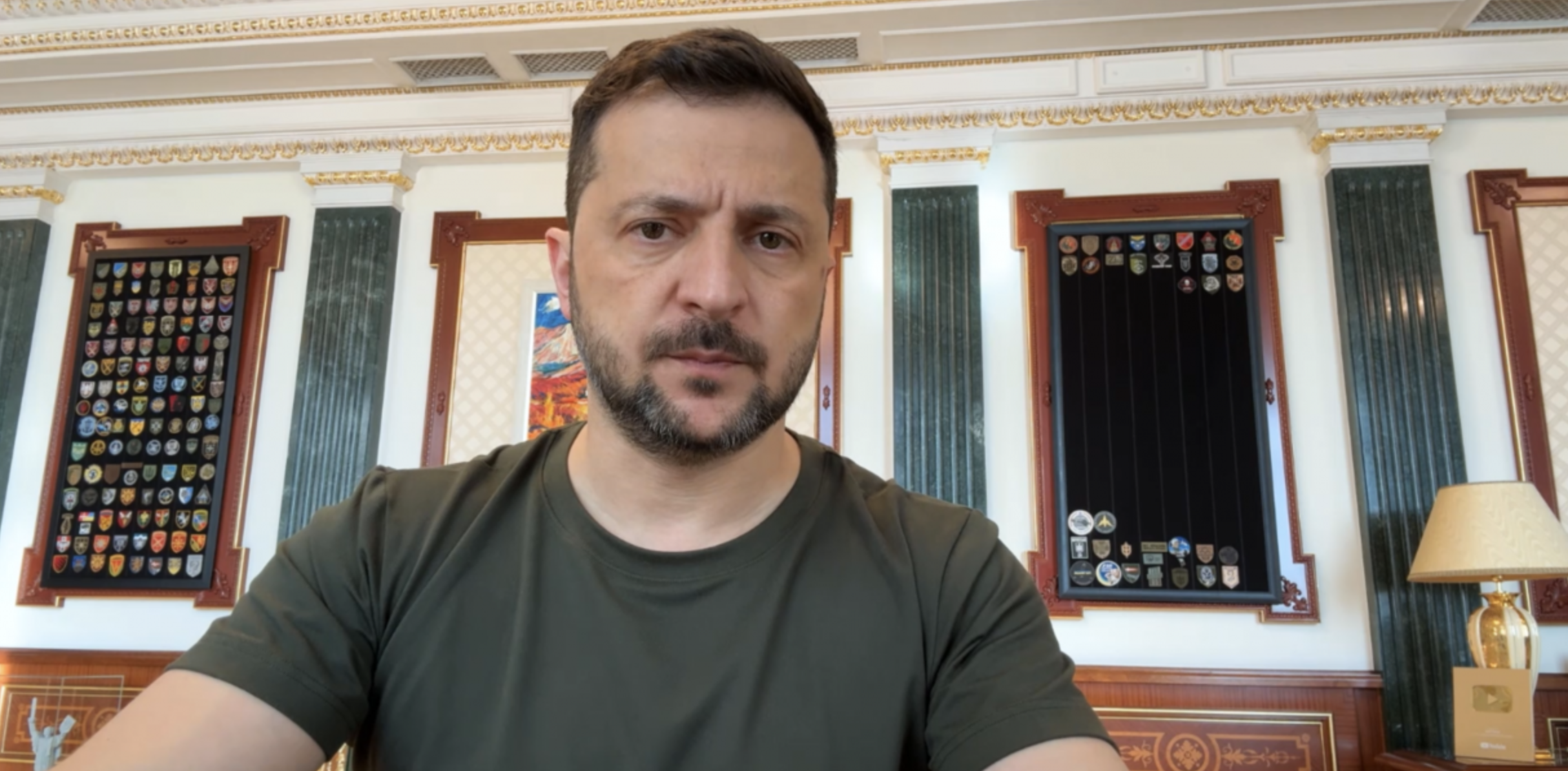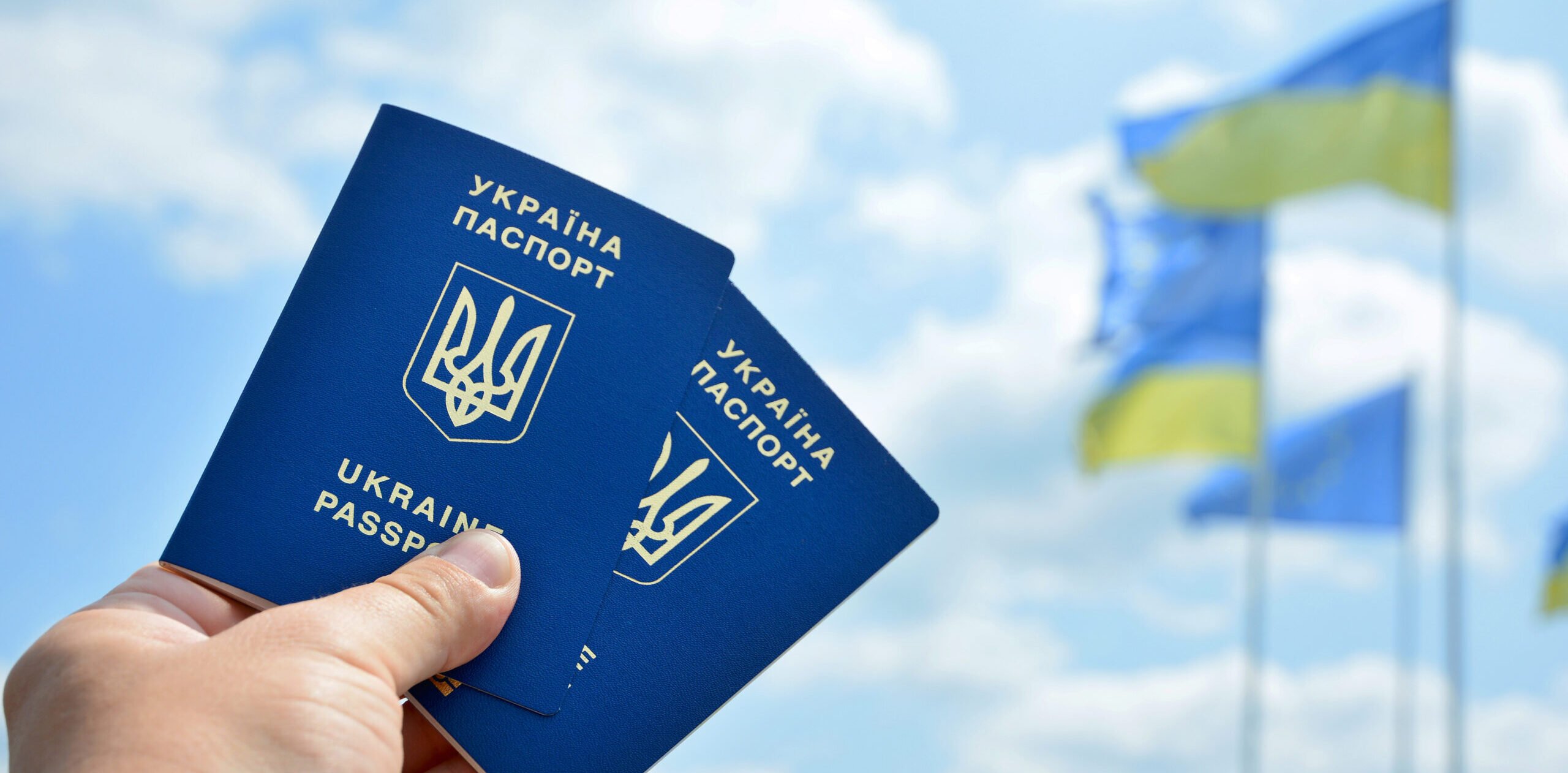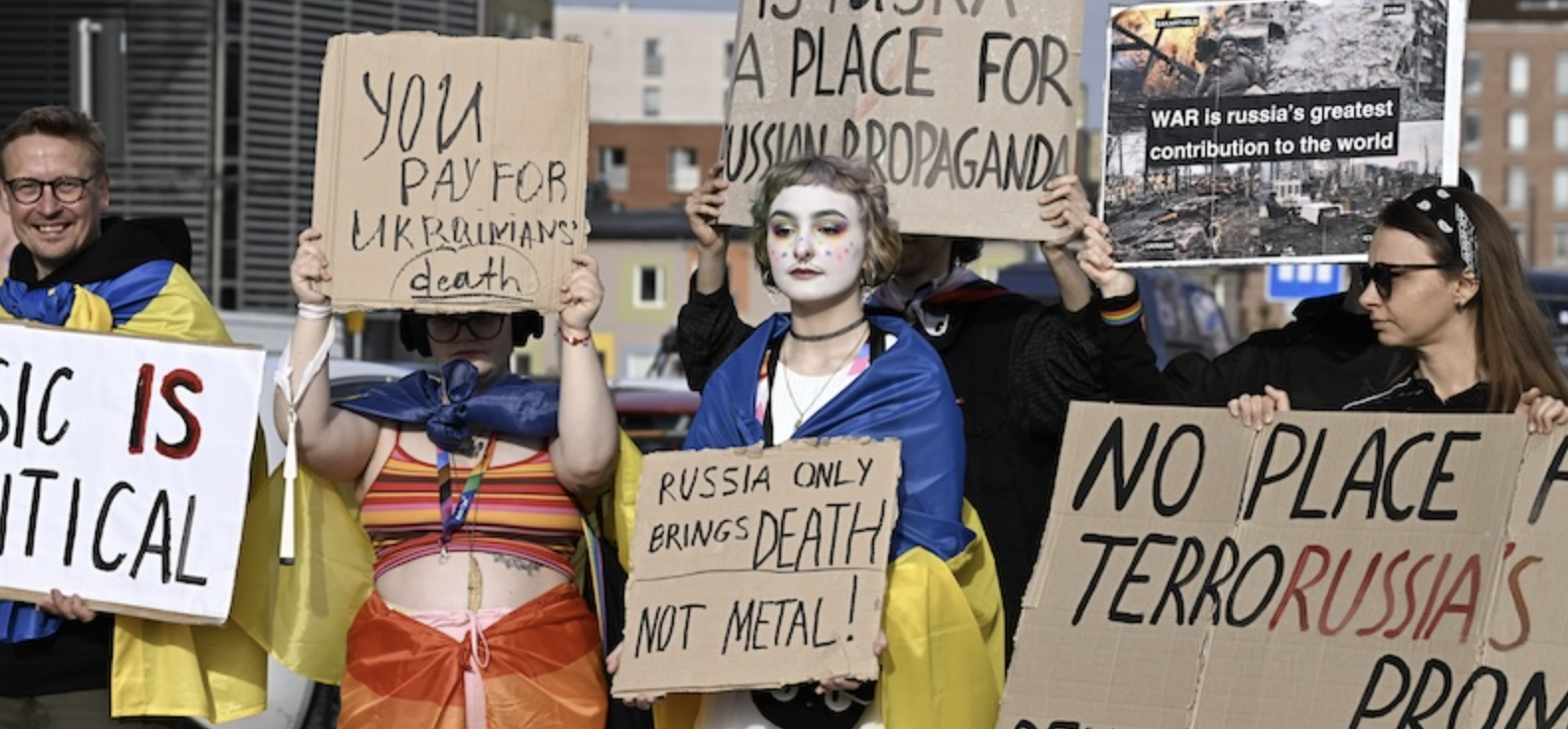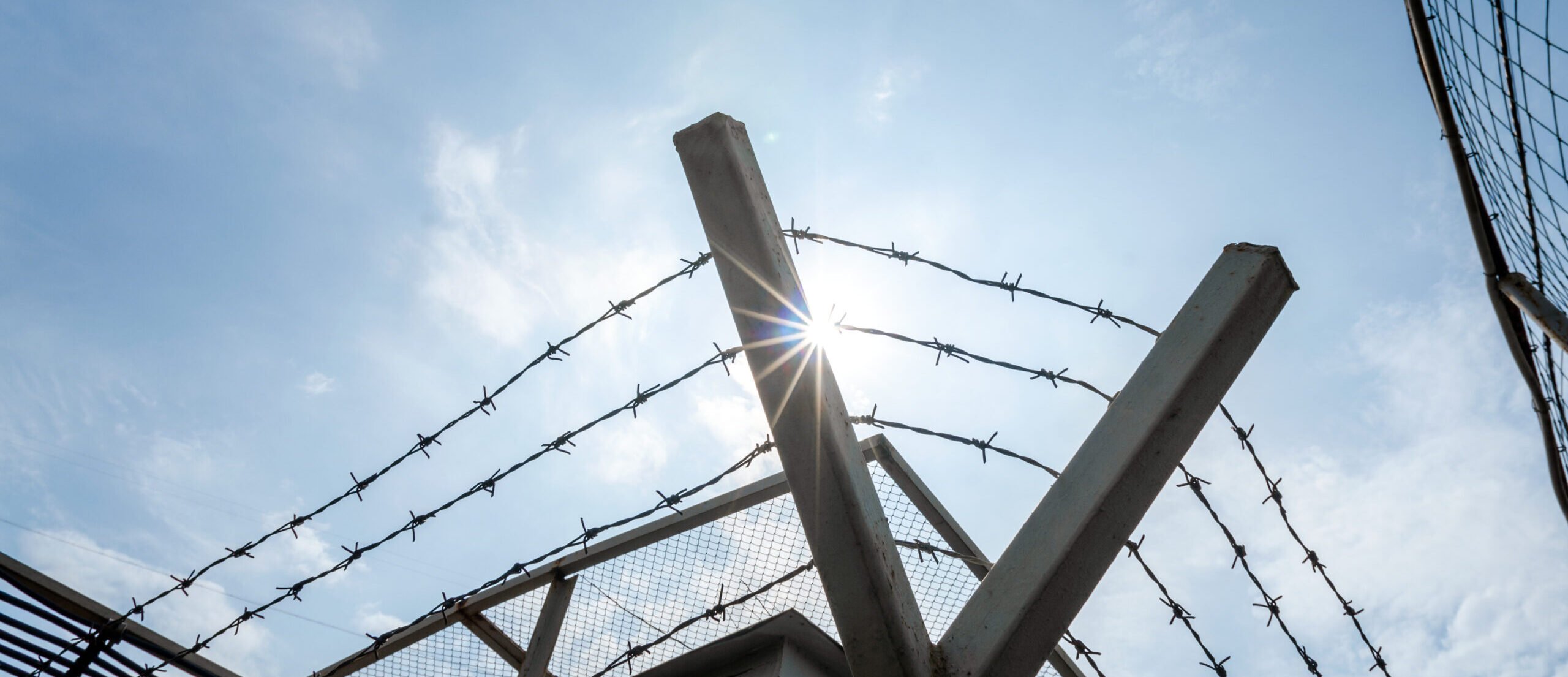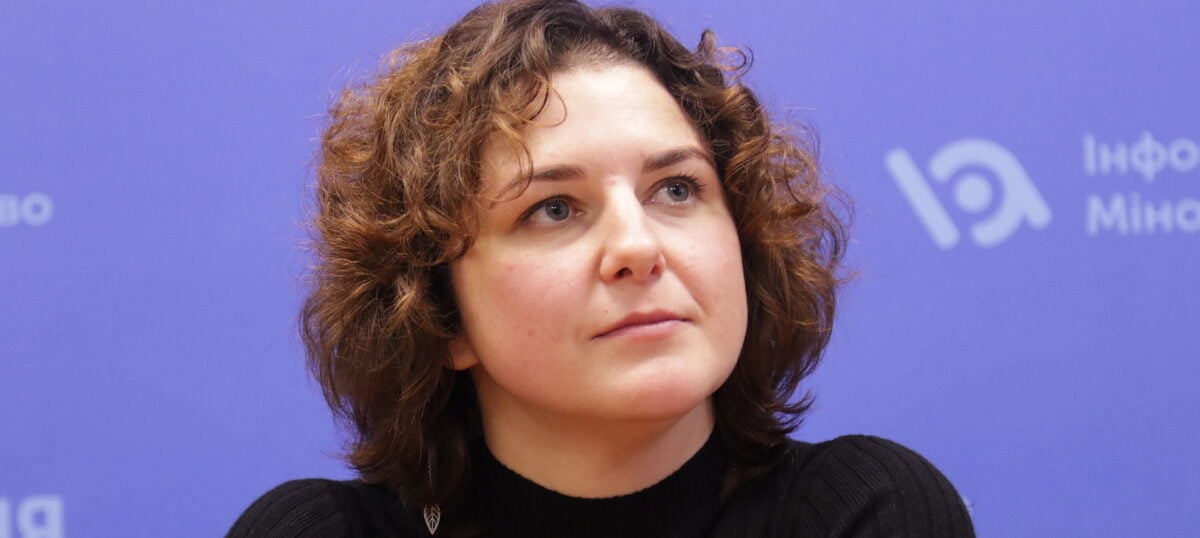
The Russians could trigger a global catastrophe if they restart the Zaporizhzhia Nuclear Power Plant, said Olena Pareniuk, a radiobiologist and senior researcher at the Institute of Nuclear Safety Problems of the National Academy of Sciences of Ukraine, in an interview with Voice of America.
“Now the Russians are spreading the idea that they want to restart this nuclear power plant. I doubt it. But if this happens and if this nuclear power plant starts up, that is, a chain reaction begins, and if something happens there, the catastrophe could be terrifying,” said Pareniuk.
Currently, there is no cooling source at the Zaporizhzhia Nuclear Power Plant – due to the destruction by the Russians of the Kakhovka Hydroelectric Power Station last year in June, says the radiobiologist. “That is, the Kakhovka Reservoir is gone, and now several dozen wells have been drilled on the territory of the Zaporizhzhia Nuclear Power Plant, and water from the wells is enough to cool the cooled reactors, there will not be enough to cool the operating reactor,” Pareniuk says.
On April 13, the Zaporizhzhia Nuclear Power Plant shut down all six reactors to a cold shutdown mode for the first time since the end of 2022. “And if something happens now, we hope that the scale will not be so catastrophic. That is, there may be a leak, but because there is no generation, there is no pressure in the reactors, and also because the spent nuclear fuel is stored in the repository, in principle, everything is fine,” explains the expert.
The International Atomic Energy Agency said the decision to shut down provides an additional buffer in case of an accident. “But it doesn’t address the fundamental issue of a recent sharp deterioration of the situation at the plant. Without a doubt, nuclear safety and security at this major nuclear facility remains very precarious,” said IAEA Director General Rafael Grossi.
Cover: open sources

